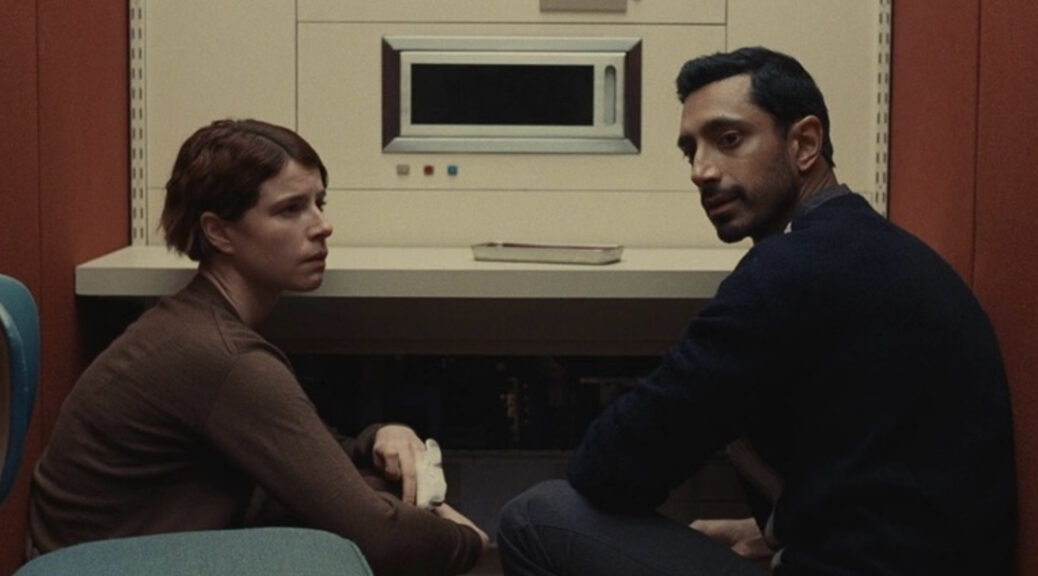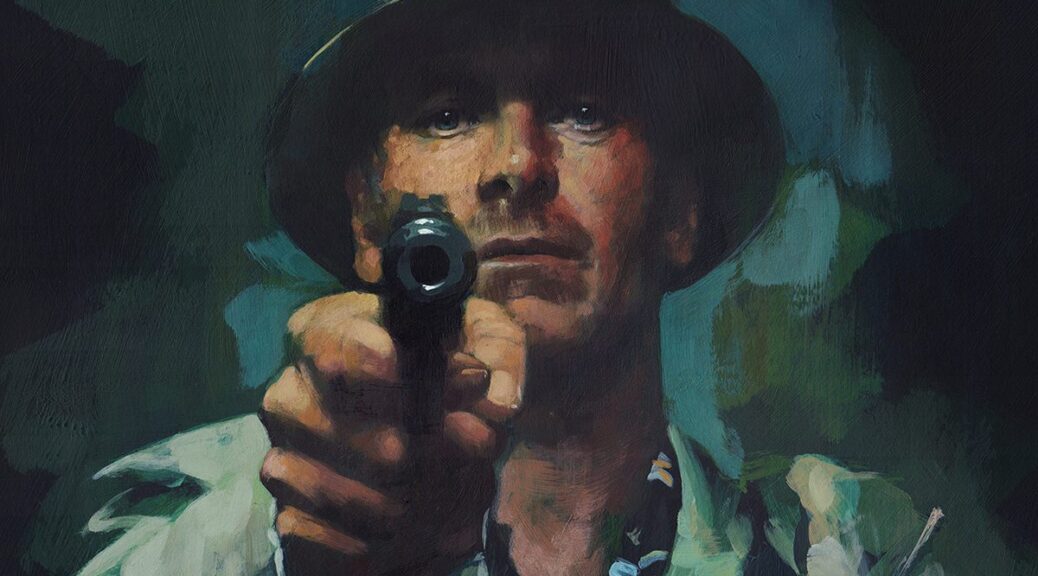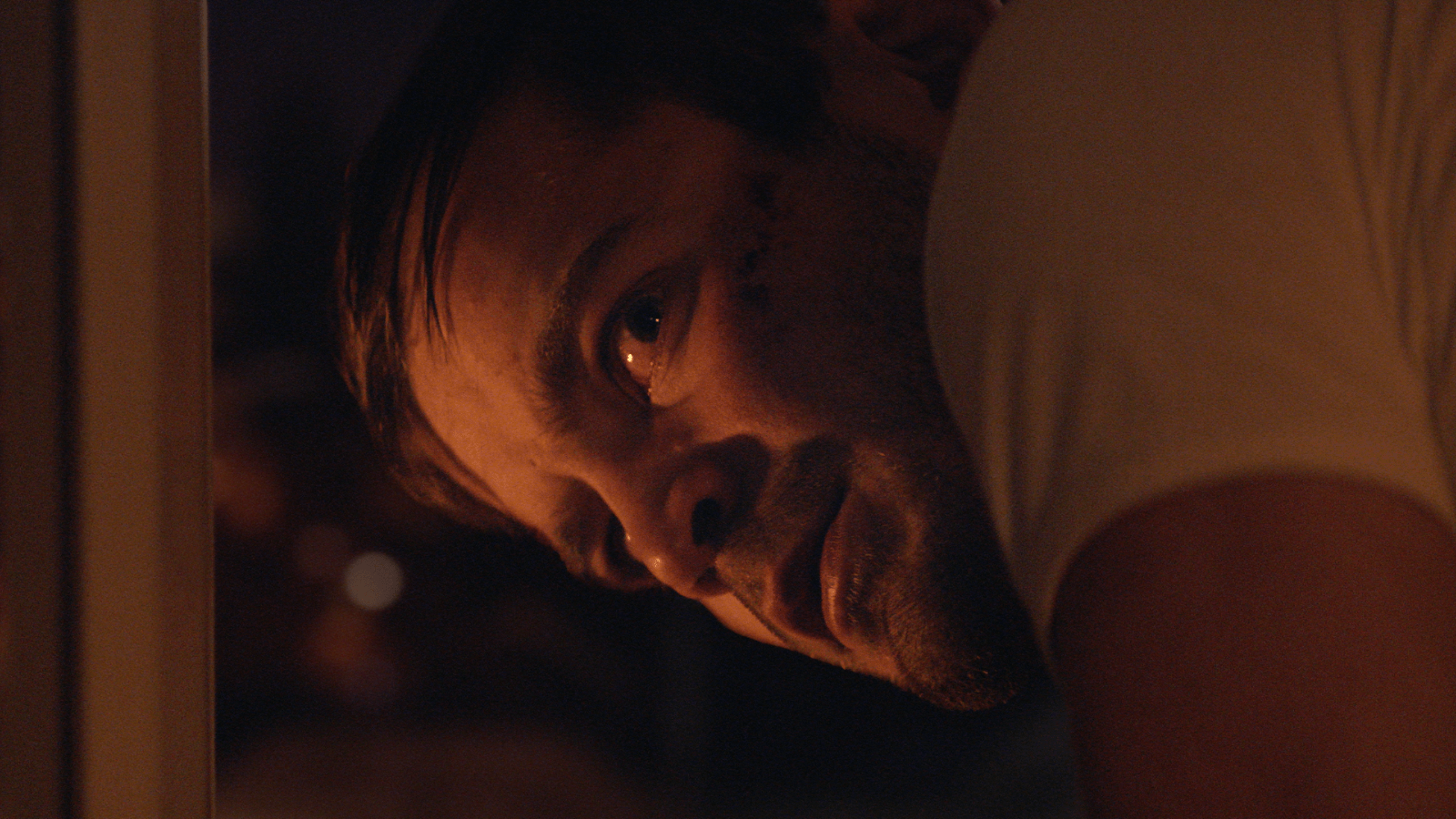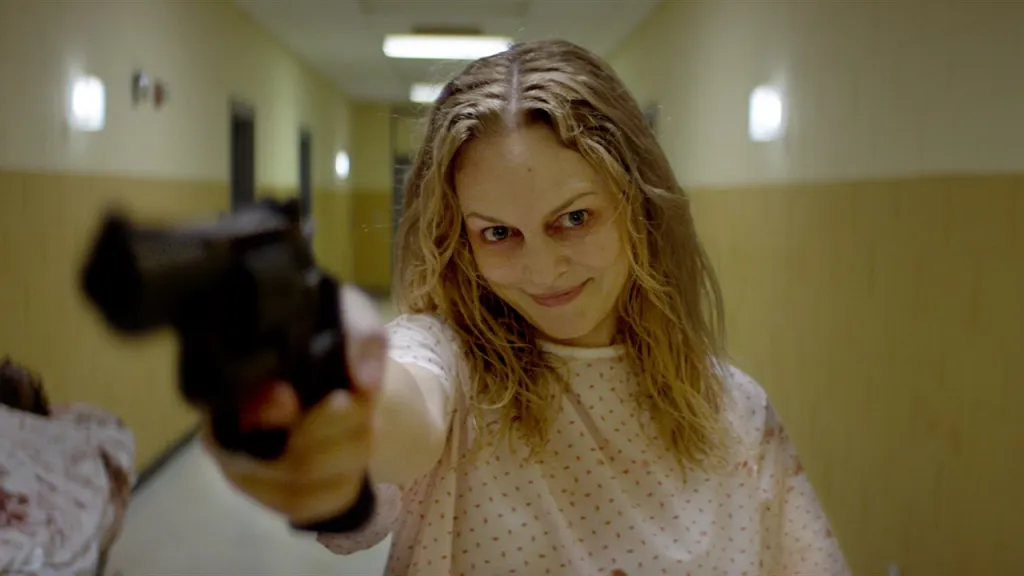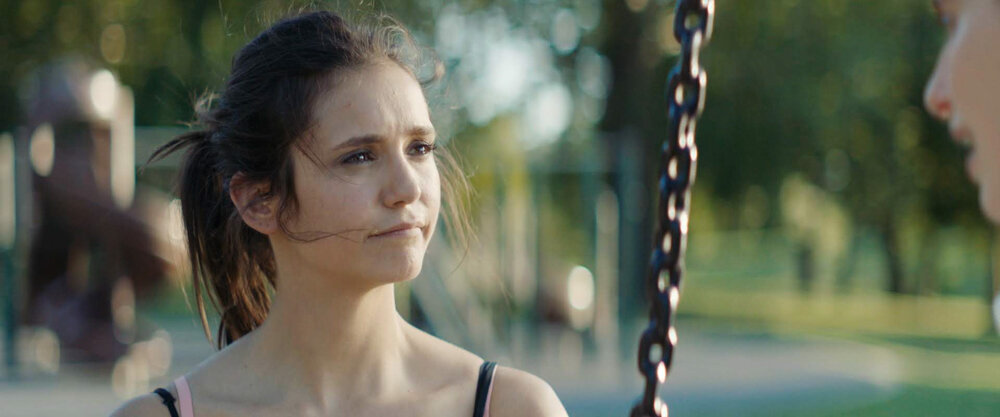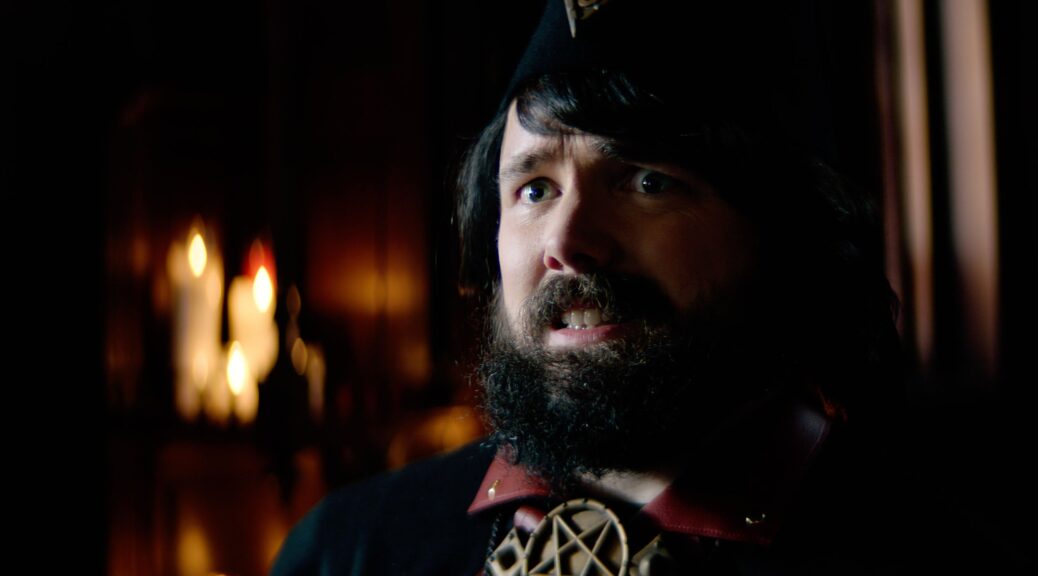Fingernails
by Hope Madden
Nearly a decade ago, Yorgos Lanthimos delivered the most scathingly, cynically hilarious look at the human desire to quantify love, test it, find safety in it. And if not, be turned into a delicious crustacean.
Cristos Nikou’s delivery is more romantic, but his central theme is similar. Love is unquantifiable.
In a non-specifically retro time period with wall phones and a lot of 80s and some 90s jams but computers that look to be from the time of the dinosaur, one company has perfected a test to determine whether two people are in love. This test, it was hoped, would end divorce, end loneliness, end unhappiness. But most couples test negative, so it’s actually only created a loneliness crisis.
Anna (Jessie Buckley) and Ryan (Jeremy Allen White) are among the lucky ones. They tested positive some time back, and have fallen into a safe and predictable routine. And yet…
Anna takes a job at the very institute where the test is conducted, working alongside Amir (Riz Ahmed). That right there is the reason to see Fingernails.
Buckley’s a tremendous talent. Few actors so accurately, achingly portray yearning quite as she does. That conflict plays across Anna’s face in a raw performance matched by Ahmed’s. The Oscar winner shares electric chemistry with Buckley, which compels interest in a story that, while delightfully told, lacks a bit of depth.
White, in a smaller role, delivers as well. You can’t root for him, but neither can you root against him. He feels human, and complicating the emotion within a romantic film is never a bad idea.
Nikou’s elegant direction slides and dances from scene to scene, evoking melancholy one moment then swooning the next. It’s so beautifully shot that the occasional obvious moment – lingering on one toothbrush, holding on a reaction shot – stands out.
The trajectory is rarely in doubt and the film leaves much to mine when it comes to its premise. But whatever the weaknesses of Fingernails, Ahmed and Buckley and their thrilling rapport more than overcome.
